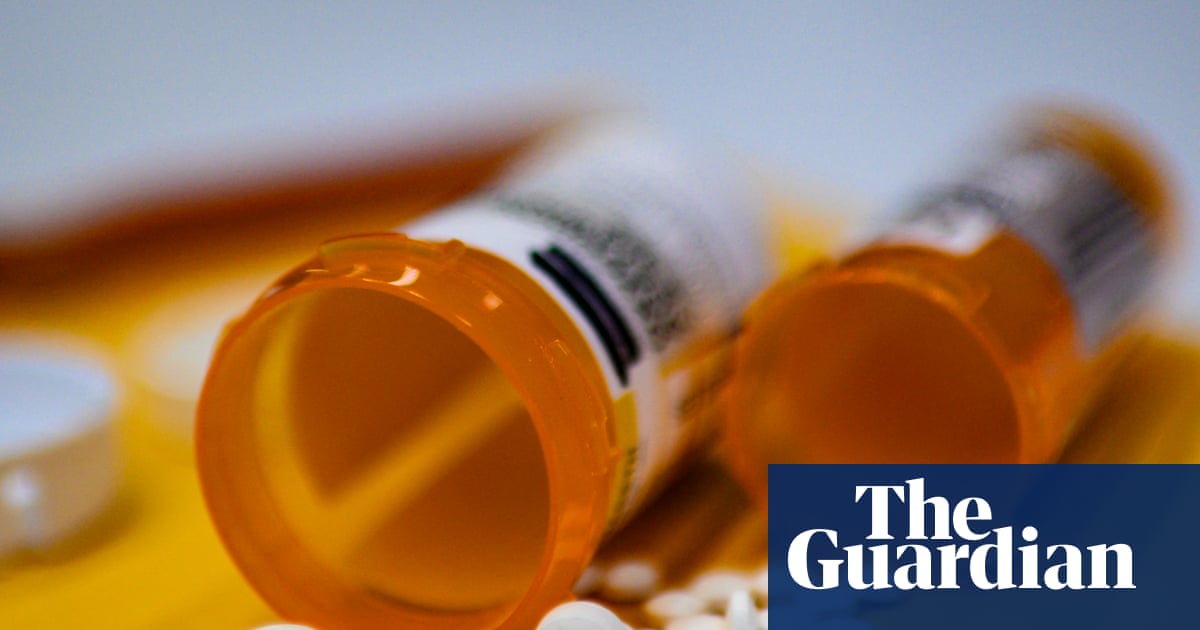
"Fewer than one in three teenagers with opioid use disorder receive treatment, according to a study published in this month's Health Affairs journal that looked at the disorder in minors from 2022 to 2023. In 2023, 557 teens died of opioid overdose, nearly threefold as many as in 2018, while adult opioid deaths only went up by 65% during this time, according to the study. Drug overdoses are now among the leading causes of death for US teenagers."
"One possible explanation is the availability of counterfeit pills that contain fentanyl, manufactured to look just like prescription opioids. Ten years ago, illicitly manufactured fentanyl was primarily something that people with a history of opioid use were using via injection or smoking, Cano said, adding that now teenagers who are experimenting with drugs are more likely to encounter these pills or buy them through social media."
"Fentanyl is highly addictive, but for teenagers who find themselves dependent on it, there's just no treatment available in many communities, says Jessica Calihan, an adolescent medicine physician at Massachusetts general hospital and Harvard Medical School instructor. I'm in Boston probably one of the most well resourced medical cities in the country, Calihan said, but we still struggle with getting young people into intensive care. In other parts of the country, even outpatient care and therapy for addiction is unavailable to teenagers, Calihan said."
Less than one in three teenagers with opioid use disorder receive treatment. In 2023, 557 teenagers died of opioid overdose, nearly three times the number in 2018, while adult opioid deaths rose 65% over the same period. Drug overdoses rank among leading causes of death for US teenagers. Counterfeit pills containing fentanyl, made to resemble prescription opioids, have become more available and circulate on social media, increasing accidental exposure among experimenting teens. Many communities lack accessible treatment for adolescents with fentanyl dependence, and available care often fails to include evidence-based medication-assisted therapies. Fewer than 10% of treated teenagers receive those medications.
Read at www.theguardian.com
Unable to calculate read time
Collection
[
|
...
]